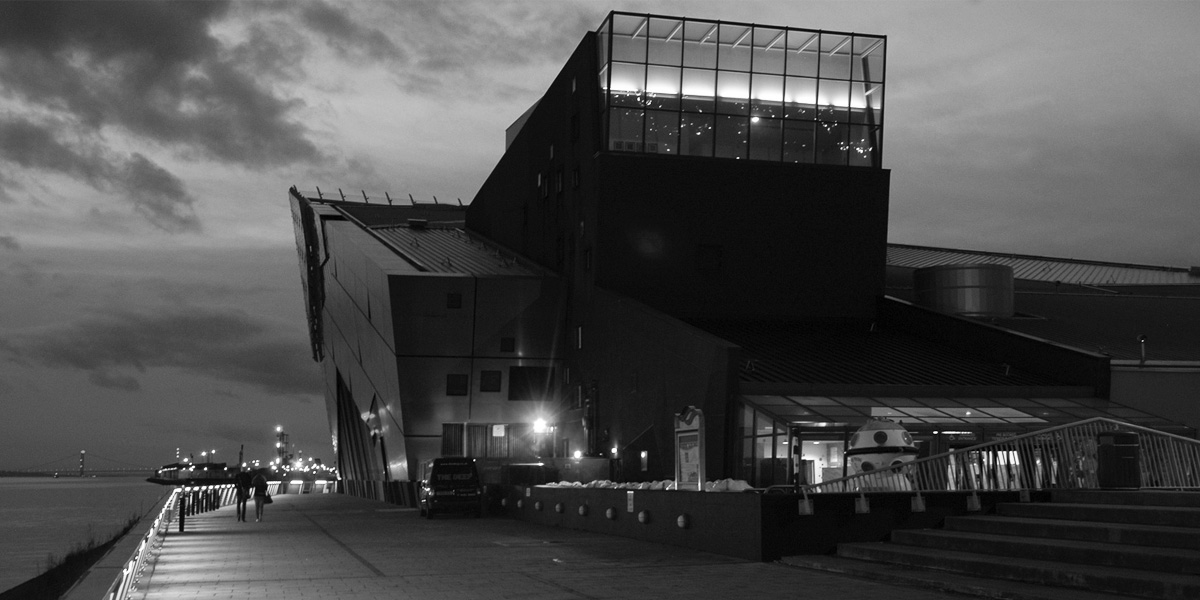City of Culture 2017: New hope for Hull?
“Very nice and flat for cycling” was the faint praise Philip Larkin offered Hull, the place where the great poet made his home for over 30 years and which has today been named City of Culture in 2017. Others would be...
“Very nice and flat for cycling” was the faint praise Philip Larkin offered Hull, the place where the great poet made his home for over 30 years and which has today been named City of Culture in 2017.
Others would be less generous. Destroyed by bombing campaigns in the second world war Hull has suffered from the decline of its main industry, the fishing trade, since the 1970s, and the elitism of dominant attitudes to UK’s poorer northern regions.
Hull is recognised for its history of poor performance in health, education and crime than its rich cultural heritage and traditions. Ask most people what they think of the city, and it’s more likely that they will evoke Larkin’s “cut-price crowd, urban yet simple…grim head-scarved wives” than a European City of Culture prepared to embrace the arts and urban regeneration.
I like Hull. Having grown up close to the city, I’ve learned about its most famous son William Wilberforce at the Wilberforce Museum and his role in ending slavery; the remaining fortifications where Charles I was refused access at the beginning of the English civil war; and the city’s other prominent poet, the great Andrew Marvell of the seventeenth century Metaphysical School.
I’ve enjoyed productions at the Hull Truck Theatre; exhibitions from Leonardo Da Vinci to David Hockney at the Ferens gallery; visited The Deep, the world’s only submarium, and regularly attend Hull’s annual Jazz Festival. More recently it has been encouraging to see the redevelopment of Hull Marina (tragically disconnected from the city centre by a busy road) and regeneration of the long-neglected fruit market.
Hull and other Northern cities like it shouldn’t be cut off from the rest of the UK, as recently suggested in The Economist. It has many of the institutions that combine to make a great city, including a successful university.
Yet these individual pieces have not been joined up. Spatially-blind economic policies mean that cities like Hull suffer from the UK’s entrenched regional imbalances and inequalities. Recent government cuts, particularly to social housing, will compound these problems. Deprived areas which rely to a greater degree on central government grant funding have been hit hardest by cuts to local authorities.
As a number of recent commissions have concluded, the UK desperately needs an alternative vision for its northern cities. This will depend on a range of coordinated policies from education, to devolution of spending powers, to a proper system of finance for the English regions and much more.
Like Derry and Liverpool before it, Hull will benefit hugely from the investment and confidence the City of Culture status brings with it. Hopefully it will allow others to share Larkin’s “end of the line sense of freedom” and “sudden elegancies” of Hull.
